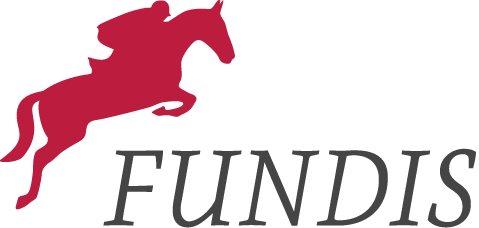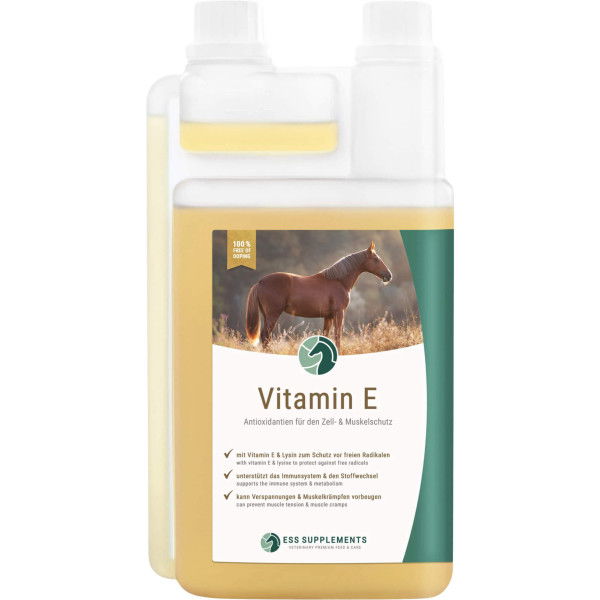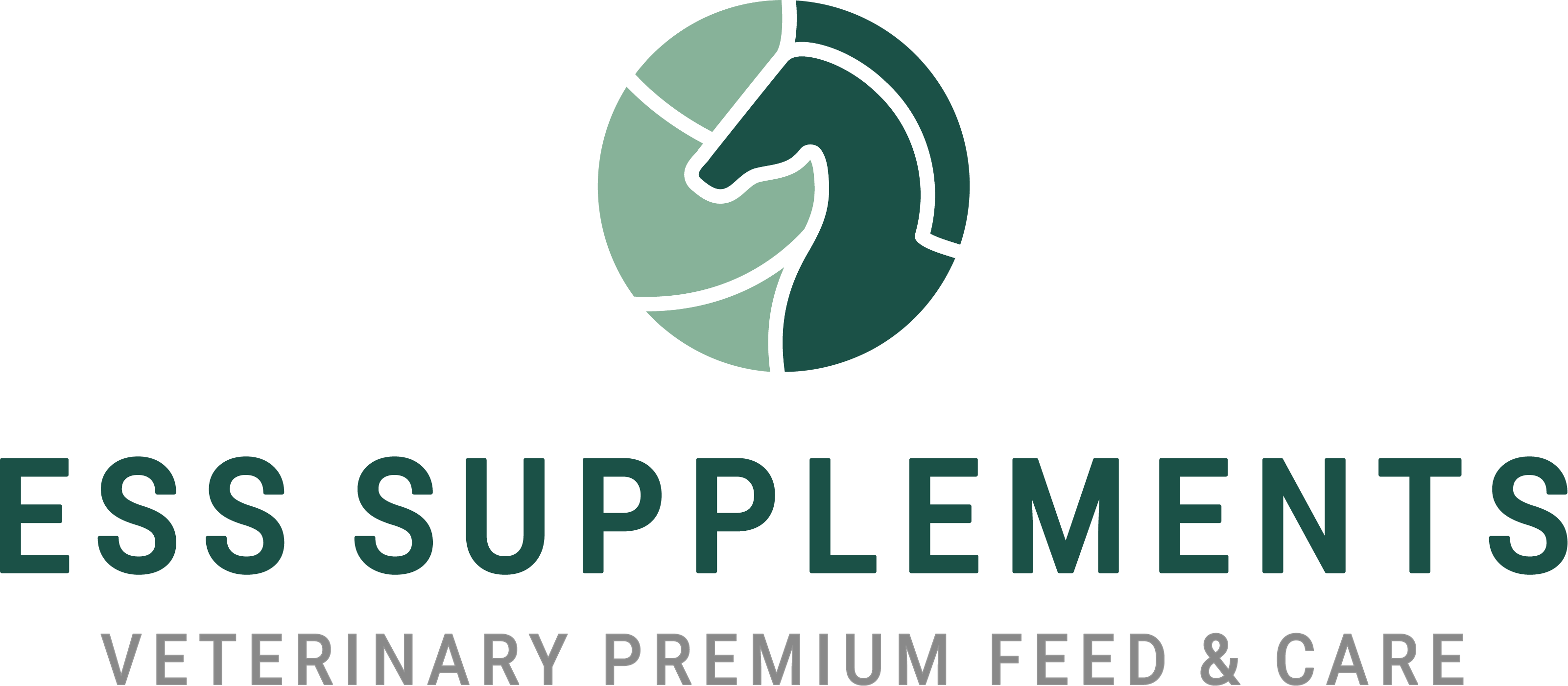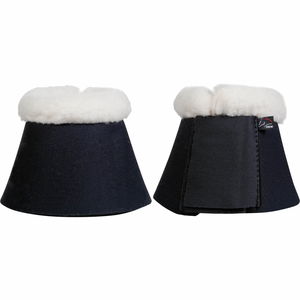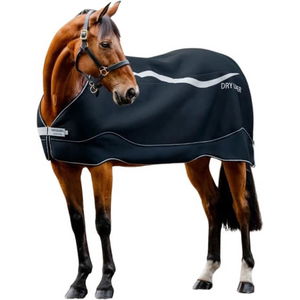To harmonize perfectly when riding, not only rider and rider should be top equipped. Your four-legged friend also needs the best possible horse accessories, the ideal equipment for well-being, health and optimal performance.
Product description
ESS Supplements Vitamin E
- provides the horse with a rapidly available combination of vitamin E sources and the amino acid lysine
- actively protects the (muscle) cells
- prevents tension
- promotes muscle development and strengthens the body's defences
- 100 % doping-free
Can be used for, among other things:
- during physical exertion & intensive training
- for active muscle building
- for high muscle tone & tension
- for mild fatigue & tiredness
- for poor performance & lack of stamina
- with a weak immune system
- after operations, vaccinations, etc.
- if PSSM is suspected / diagnosed
- during pregnancy & reproduction
Note: This product is 100 % doping-free (tested according to FEI / ADMR control guidelines, as of June 2023). If the feeding recommendation cannot be reliably adhered to, feeding should be stopped 48 hours before a competition to be on the safe side. The anti-doping and medication control rules must continue to be observed.
Composition
- Propylene glycol, sodium chloride
Analytical components
- crude protein 2.40 %, crude fat 15.20 %, crude ash 0.20 %, crude fibre 0.00 %, sodium 0.46 %, moisture 72.10 %, lysine 2.10 %
Additives per litre
- nutritional and physiological additives: Vitamin C (3a300) 50,000 mg, vitamin E (3a700) 100,000 mg, vitamin E (3a700) 100,000 mg, L lysine monohydrochloride, technically pure (3c322) 21,000 mg
- technological additives: glycerol polyethylene glycol ricinoleate (E484), sodium propionate (1k281), potassium sorbate (1k202) 2,000 mg, citric acid (1a330) 4,000 mg
Feeding recommendation
- large horses: 20 - 30 ml per day (up to 50 portions / bottle)
- riding ponies: 15 - 20 ml per day (up to 66 portions / bottle)
- intensive treatment: 50 ml per day for 3-4 weeks (up to 20 portions / bottle)
- shake before use
- consume quickly
- supplementary feed is not a substitute for a varied, needs-based diet and performance-orientated training of the horse
- the specified recommended (daily) dose should not be exceeded without consulting a veterinary surgeon
